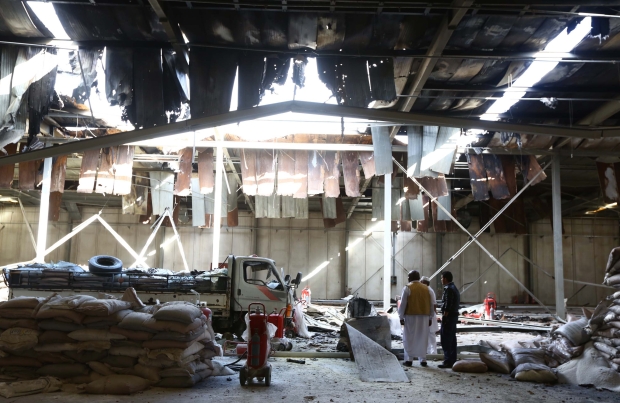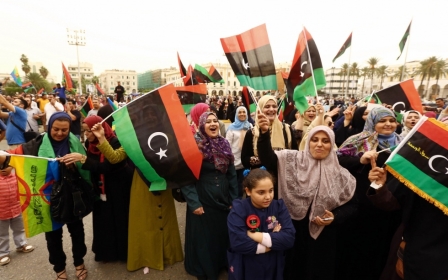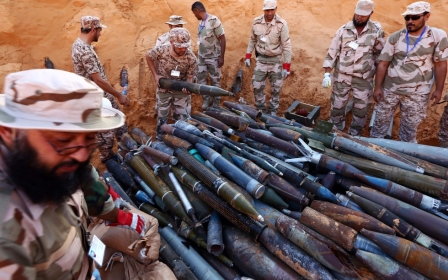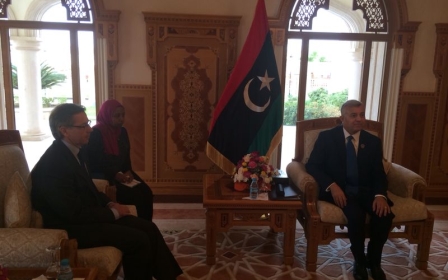UN calls for fresh Libya talks to end crisis
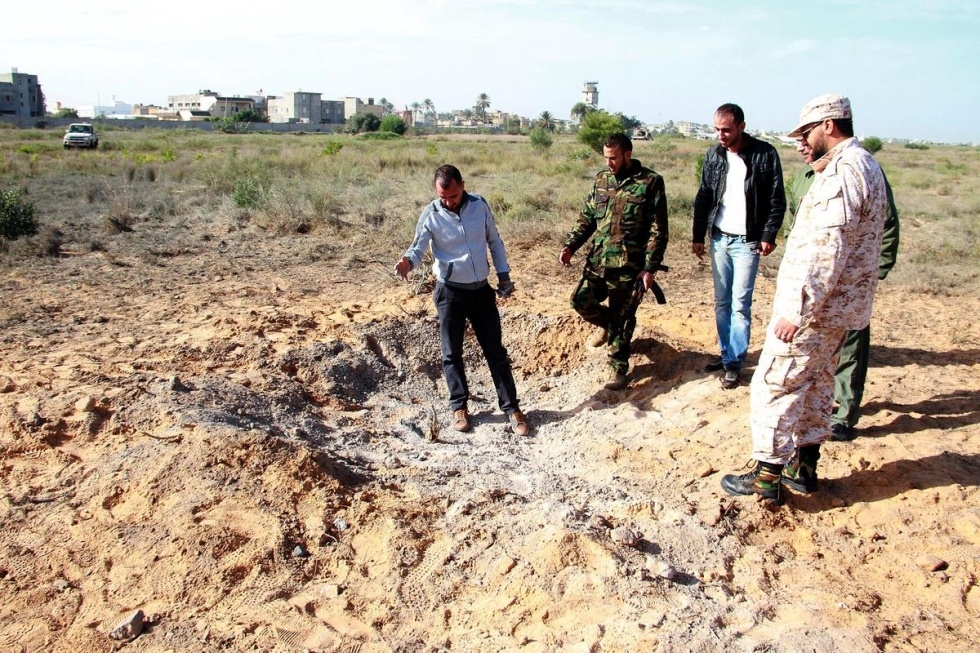
The United Nations Support Mission in Libya (UNSMIL) said it will broker fresh talks between warring factions in an attempt to end months of violence and political deadlock in the country.
UNSMIL Envoy Bernardino Leon will lead the new round of negotiations on 9 December, the organisation's Libya mission said in a statement on Wednesday.
“There is agreement among the various Libyan actors that the way forward is to hold an inclusive political dialogue to tackle the crisis with a view to end the fighting and alleviate the suffering of the civilian population, ensure the political transition is back on track and safeguard Libya’s sovereignty, unity and territorial integrity,” the UN mission said.
The statement did not say where the talks would take place or who would take part, but did add that a detailed announcement “will be made in the next few days”.
A previous attempt at UN-brokered talks between the warring factions in June was unsuccessful, and fierce clashes persist in Libya’s second city, Benghazi, and west of Tripoli.
Nine people were killed in Benghazi on Tuesday night, when shelling hit a residential area in the city centre.
No group has yet claimed responsibility for the attack, which targeted a food depot and a small port in the city.
Tuesday also saw heavy bombing in the western city of Zuara, when militias targeted a warehouse in the coastal town.
Libya remains in the midst of a civil conflict, with rival governments, militias, tribes and cities battling for supremacy since the 2011 revolution ousted long-time leader Muammar Gaddafi.
The House of Representatives (HoR) appears to remain the internationally-recognised parliament, despite recently being ruled unconstitutional by Libya's Supreme Court.
The HoR is allied with the forces of Khalifa Haftar, a formerly rogue general now integrated into the national army, and holds meetings at its base in the eastern town of Tobruk.
The General National Congress (GNC), which was replaced by the HoR after June elections, reconvened in August after the Misratan Led Alliance (MLA) of Libya Dawn seized control of the capital Tripoli.
The GNC opposes the HoR, and has appointed a “national salvation” government in the capital.
'Deteriorating situation'
The UN's push for dialogue between the warring factions in Libya came as the United States and key allies said on Wednesday they were ready to take further steps to protect the North African nation.
In a statement after a meeting in Brussels, convened by US Secretary of State John Kerry, the US, Britain, France, Germany, Italy, Spain and the European Union "expressed grave concern over the deteriorating situation" in Libya.
But the UN mission insisted that a breakthrough was still possible.
"There is agreement among the various Libyan actors that the way forward is to hold an inclusive political dialogue to tackle the crisis with a view to end the fighting and alleviate the suffering of the civilian population," the UN statement said.
Speaking to the Committee on Foreign Affairs at the European Parliament in Strasbourg, UNSMIL Envoy Leon echoed the statement’s optimistic tone but warned that, despite the HoR winning international recognition, neither rival government can be considered completely legitimate.
“Neither of the two parliaments now contains an opposition," he said. “One of the principles we have worked with in Libya is that legitimacy comes when you have an opposition, and if neither parliament has an opposition then neither is fully legitimate.”
He also said the 6 November Supreme Court decision to rule the HoR illegitimate, despite being “extremely ambiguous”, had ushered in a change in the balance of power on the ground.
The decision, according to Leon, was “taken by political forces and the former General National Congress in Tripoli as a confirmation that the House of Representatives wasn’t and isn’t representative anymore, and that the legislative power has to reside with the GNC”.
The stronger “self-perception” among GNC politicians in the wake of the ruling in their favour requires the UN to “change the way [they] are working”.
Leon also said that, though the decision had forced the UN to change its approach in Libya, members of the international community still “may not want, or be able to, take the judgement on board".
Middle East Eye propose une couverture et une analyse indépendantes et incomparables du Moyen-Orient, de l’Afrique du Nord et d’autres régions du monde. Pour en savoir plus sur la reprise de ce contenu et les frais qui s’appliquent, veuillez remplir ce formulaire [en anglais]. Pour en savoir plus sur MEE, cliquez ici [en anglais].


